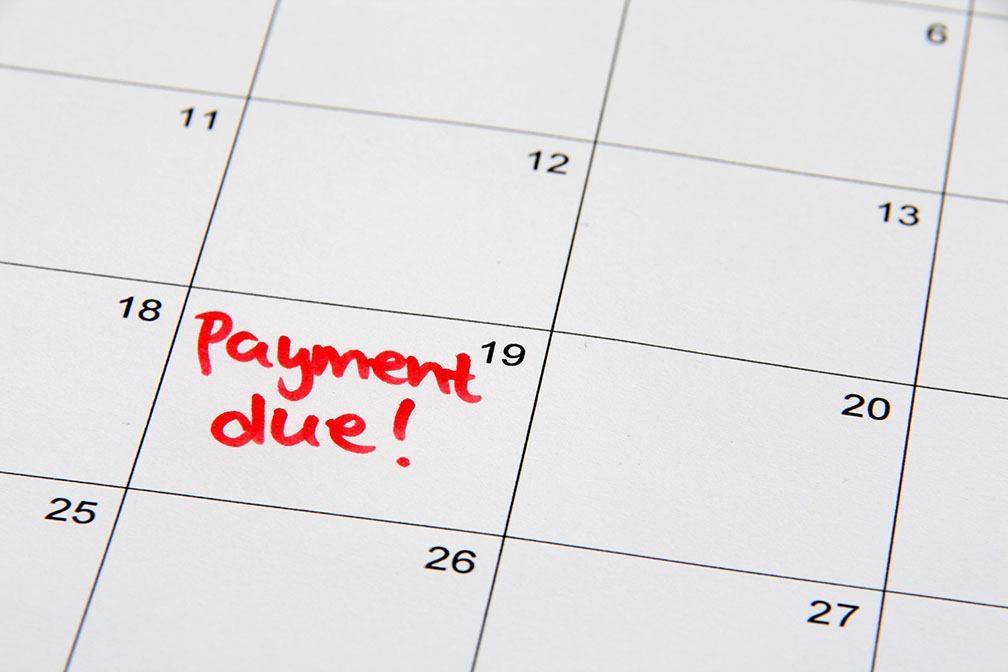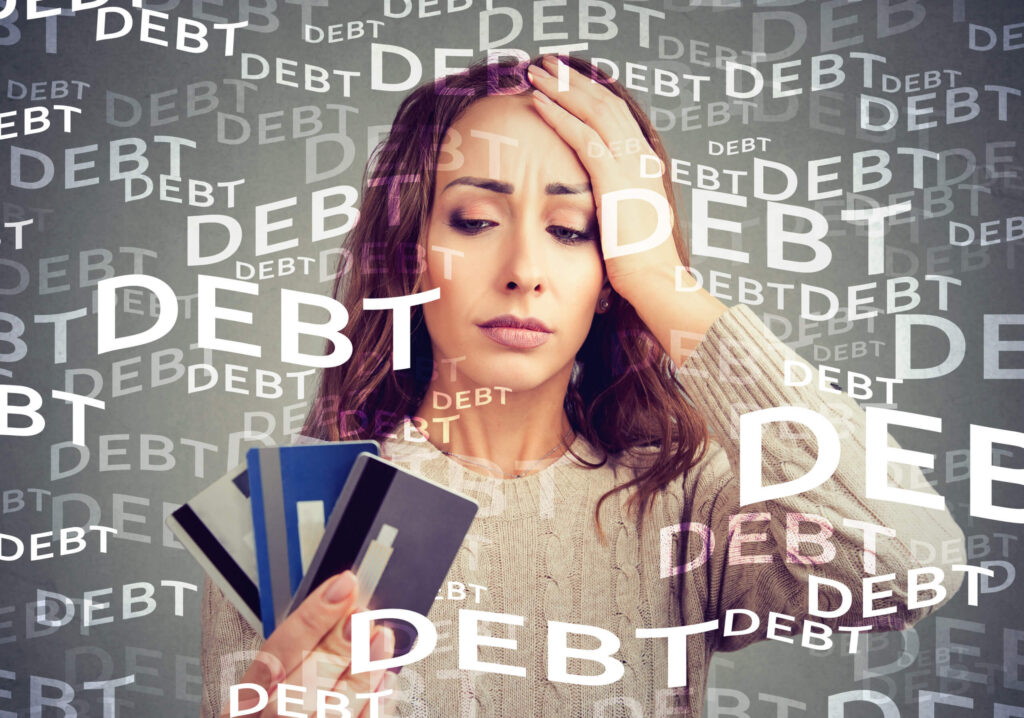
Ask an Expert: What’s the Smartest Way to Deal With Debt?
It can often be difficult to see your way out of a bad situation. When it comes a runaway financial obligation, it can be useful to ask an expert what’s the smartest way to deal with debt?
One such individual is Brad Stroh, one of the founders of the Freedom Financial network. According to Stroh, these are three of the smartest ways to deal with debt.
Organize Your Finances
For starters, make an effort to get a handle on the ebbs and flows of your finances. Generally speaking, it is easy to figure out your monthly income. However, calculating monthly expenditures tends to be more complicated and time-consuming.
The best way accomplish this is to keep a running tally of all of the money you spend over a 30-day period, no matter how small the payment. Once you know where your money is going, it’s easier to redirect it to do you the best.

Larger Monthly Payments
Once you have handle on how you’re using your money, you can find places to cut back to free up some dollars to help you eradicate your debts. One of the best ways to accomplish this is to pay more than is required on a debt each month. Minimum payments are designed specifically to extract the maximum amount of interest payments possible on a loan. The more you pay, the faster the debt goes away, and the more money you’ll save in the long run.
The problem is making bigger payments will often require some sacrifices or finding ways to make more money. This can mean doing without some luxuries, doing more at work or getting a second job.
When it comes to cutting back on expenses, a good first place to start is usually eating out. It’s far less costly to make meals at home. Eliminating unused subscriptions can keep more money in your budget as well. Go through your expenses looking for things you can easily do without.
Debt Prioritization
The next strategy is to prioritize paying off certain debts over others. The best way to start is by choosing one specific debt to hit with as much money as possible each month while making minimum payments on the rest of them. Once that one is paid off, use that money — plus the minimum payment you were making on it — to attack the next one and so on until they’re all cleared.
The classic example would be paying off debts in the order of the highest interest rate to the lowest interest rate. This is a popular choice because it will help you save money by eliminating the debts with the highest rates of interest first.
Another approach is paying off debts in the order of the smallest outstanding balance to the largest. This can produce faster results, because the lower balances will be easier to clear. Seeing this progress is a strong motivator to continue.

Debt Consolidation
Debt consolidation can also be a useful tactic. This is especially true if your credit score will let you get a loan with a better interest rate and allow you to roll all of your debts into one “basket”.
You’ll save money on interest payments, and you’ll have a lot fewer bills to deal with each month. Just be careful to avoid running up balances on those other accounts until you’ve paid off the consolidation loan.
Further Considerations
These are three of the smartest ways to deal with debt. And yes, they all assume you have the funds in hand, and you just need to direct them more carefully. If you don’t have the money, or can’t get a new loan at a good interest rate, you might consider more aggressive measures such as debt management, debt settlement, or if worst comes to worst — filing for bankruptcy protection.